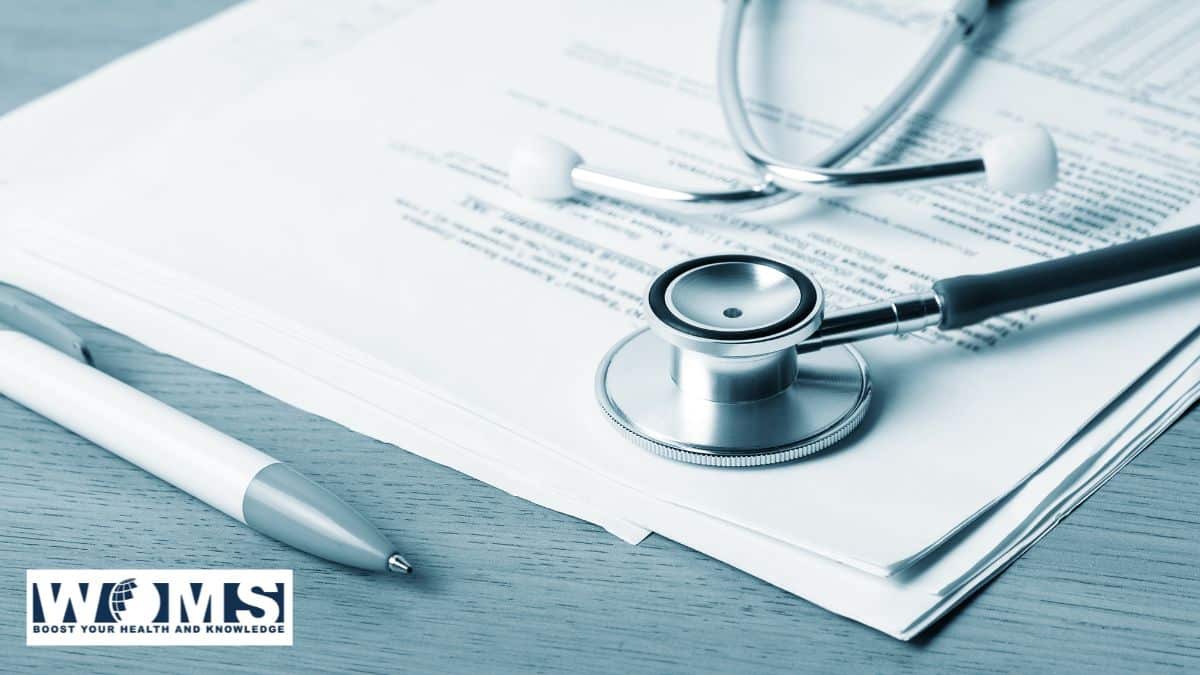How to Identify the Signs of Medical Negligence

We all place our trust in healthcare, but the concept of medical negligence casts a shadow of concern over patients and their loved ones. The impact of medical negligence can be profound, encompassing physical, emotional, and financial repercussions. Lets learn in details about signs of medical negligence.
However, with the guidance and support of experienced medical negligence claims solicitors, individuals can seek justice and ensure accountability for the harm caused. This article aims to delve into the intricacies of medical negligence, highlight common types of negligence, and empower readers to identify the signs that may warrant further investigation.
Understanding What Medical Negligence Is
Medical negligence occurs when healthcare professionals fail to meet the expected standard of care, resulting in harm or injury to patients. It is a grave concern as it compromises patient safety and well-being. Understanding the implications of medical negligence is essential for recognising the need to identify signs of concern and taking appropriate action.
Exploring Common Types of Medical Negligence
Birth Injuries
The birth of a child should be a joyous occasion, but unfortunately, birth injuries caused by medical negligence can turn it into a devastating experience. Examples of birth injuries include cerebral palsy, Erb’s palsy, or brachial plexus injuries.
These injuries can lead to long-term developmental challenges and impact the child’s quality of life. Signs that may raise concerns include delays in developmental milestones, motor skill impairments, seizures, or uncharacteristic behaviour.
Misdiagnosis
Misdiagnosis occurs when healthcare professionals inaccurately identify a medical condition or provide an incorrect diagnosis. This error can have serious consequences, as it may result in delayed or inappropriate treatment.
Signs that may indicate potential misdiagnosis include stagnant or worsening symptoms despite treatment, a sense of incongruity between symptoms and diagnosis, or a lack of improvement over time.
Surgical Errors and Complications
Surgical procedures carry inherent risks, but when errors or complications arise due to medical negligence, the consequences can be devastating. Surgical errors include mistakes made during the procedure itself, such as operating on the wrong site or leaving surgical instruments inside the patient’s body.
Complications can result in infections, organ damage, or prolonged recovery. Signs that may raise suspicion include persistent pain, unexplained infections, unusual bleeding, or unhealed wounds.
Identifying Signs of Medical Negligence
Unexpected Outcomes
If a medical procedure or treatment yields unexpected or worsened results, it may be an indication of potential medical negligence. Such outcomes could include severe complications, prolonged recovery, or the need for additional corrective procedures.
It is crucial to be aware of outcomes that differ significantly from what was expected or discussed with the healthcare provider.
Lack of Documentation
Proper medical documentation is vital for ensuring accurate and continuous patient care. When medical records are missing or incomplete, including test results, treatment plans, or medication orders, it may signal a lack of diligence or attention to detail on the part of the healthcare provider. Incomplete or missing documentation can hinder proper assessment, follow-up, and coordination of care.
Failure to Follow Established Protocols
Medical professionals are expected to adhere to established protocols and standards of care. Deviations from these protocols, such as incorrect medication dosage, failure to perform necessary tests, or neglecting safety measures, can be indicative of medical negligence. Patients and their loved ones should be vigilant for any instances where the healthcare provider’s actions deviate from established best practices.
Delayed or Improper Treatment
Timely and appropriate medical intervention is crucial for achieving positive outcomes. Instances of delayed or inadequate treatment, unexplained delays in referrals to specialists, or healthcare providers disregarding patient concerns may suggest potential medical negligence. It is important to be proactive in seeking timely and appropriate medical attention and to question any delays or omissions in treatment.
Where to Seek Support for Medical Negligence
When faced with signs of medical negligence, it is essential to seek appropriate guidance and support. Consulting medical negligence claims solicitors who specialise in handling such cases can provide invaluable assistance. These legal professionals have the expertise to assess the viability of a claim, guide individuals through the legal process, and strive for fair compensation.
In addition to legal support, patients and their loved ones can turn to patient advocacy groups that specialise in medical negligence. These organisations offer support, information, and resources to help individuals navigate the complexities of medical negligence claims. Their guidance can provide emotional support, practical advice, and connections to other individuals who have experienced similar situations.
Alternative dispute resolution methods, such as mediation or arbitration, can also offer benefits. These approaches promote a more amicable and cooperative process, potentially leading to faster resolutions, reduced costs, and minimised emotional stress.
Mediation allows parties to engage in open dialogue and find mutually agreeable solutions, while arbitration provides a structured process with an impartial third-party making binding decisions.
Identifying the signs of medical negligence…
Finally, the role of healthcare ombudsman services should not be overlooked. These independent bodies investigate complaints about healthcare services and offer impartial advice and guidance to patients. Their expertise and mediation skills can help individuals address concerns, find resolutions, and ensure accountability. Essentially, recognising the signs of medical negligence is crucial for protecting patients’ rights and seeking justice. By understanding the common types of medical negligence, being vigilant for signs of concern, and seeking appropriate support, individuals can navigate the complex process of addressing medical negligence and work towards achieving fair outcomes.




